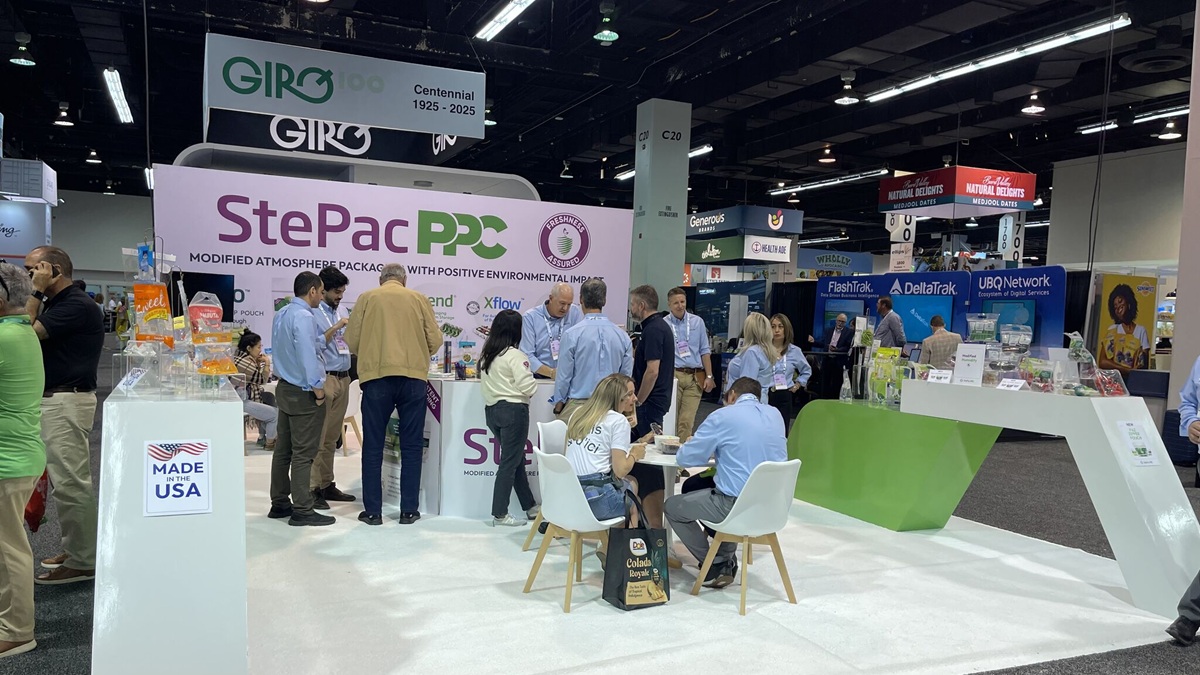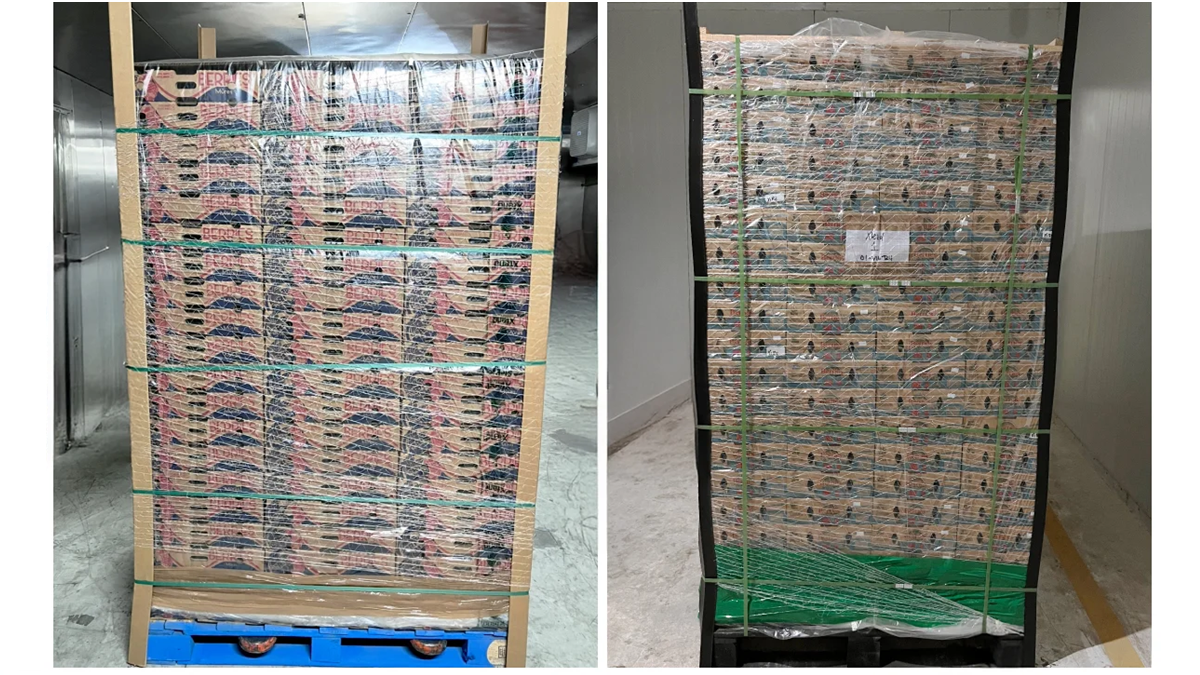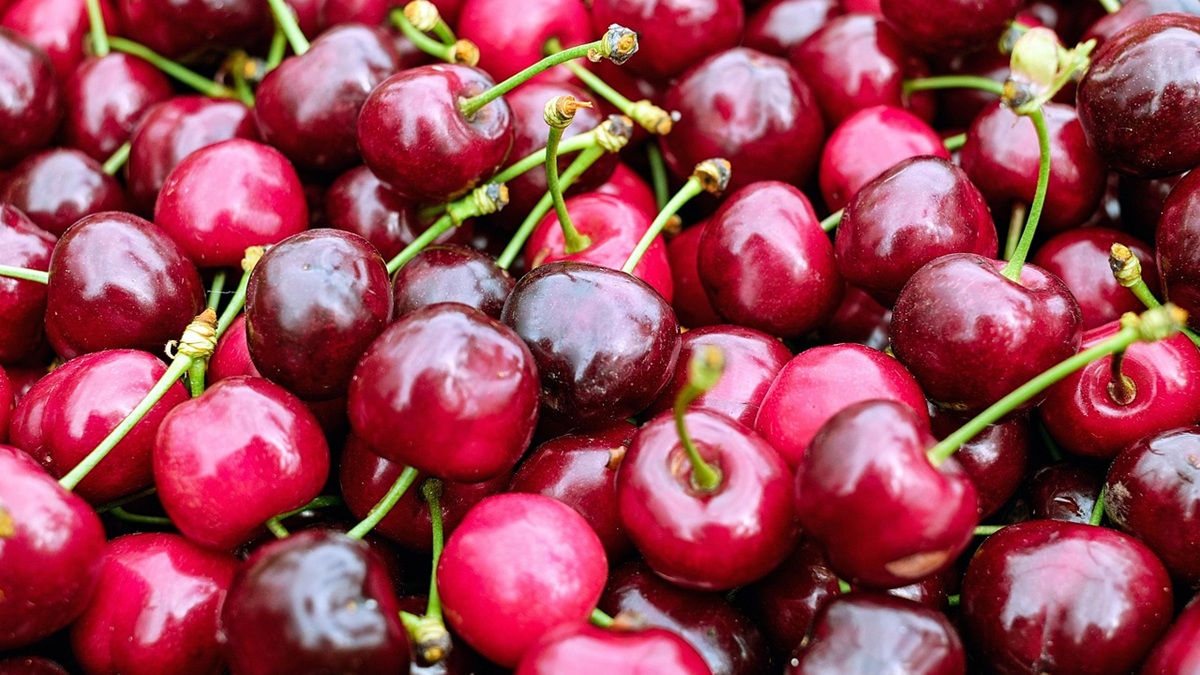Packaging
Sustainable fresh produce packaging with Ultramid® Ccycled? for StePac
Food waste is responsible for approximately 8% of all greenhouse gas emissions. Functional plastic packaging is part of the solution for preventing this waste; eliminating it would result in even higher levels of food waste. This is why a more comprehensive approach is required. Wait, plastic is climate positive? How can using something plastic do something good for the environment? With society?s call for reducing plastic waste, we must remember that this initiative might cause an even greater environmental problem: food waste. How can we balance creating plastic packaging that is as eco-friendly as possible, and at the same time keep produce fresh for longer? StePac has done just that by developing modified atmosphere (MA) packaging coupled with, modified humidity (MH) technology to enable shelf life extension of fresh produce. There is no doubt that we see excessive use of plastic in the industry. At the same time, we need to be sensible and not abandon it altogether, but rather use it when we really need to, in preventing food waste. StePac has been accredited by RedCert2 to incorporate chemically recycled Polyamide 6 (Ultramid® Ccycled?) supplied by BASF in its flexible packaging products for shelf-life extension of fresh produce. This represents a major step in supporting a circular economy. The chemically recycled resin, with the brand name BASF Ultramid® CCycled®, will be incorporated at 30% upon request by customers. StePac is sub-branding the product. For example, when the chemically recycled resin will be incorporated into the Xtend bulk packaging products, the brand will be referred to as Xtend® Circular?. When used in the Xgo retail packaging it will be referred to as Xgo® Circular?. About StePac Sustainability is at the very heart of StePac?s modified humidity (MH) technology which StePac invented over two decades ago, integrated with modified atmosphere (MA) packaging. In an era when the UN?s Food and Agriculture Organization (FAO) announced to the world that over 50% of global fresh produce perishes before it makes it to our plate, it is more relevant than ever to be part of the solution to prolong the viability of our global food resources. StePac?s Postharvest and Polymer R&D laboratory is continuously developing the next generation of waste-reduction solutions to maximize the shelf life of perishable produce with the greatest attention to environmental stewardship by ensuring reduced emissions and recyclability.
11 November, 2022
Food waste is responsible for approximately 8% of all greenhouse gas emissions. Functional plastic packaging is part of the solution for preventing this waste; eliminating it would result in even higher levels of food waste. This is why a more comprehensive approach is required. Wait, plastic is climate positive?How can using something plastic do something good for the environment? With societys call for reducing plastic waste, we must remember that this initiative might cause an even greater environmental problem: food waste. How can we balance creating plastic packaging that is as eco-friendly as possible, and at the same time keep produce fresh for longer? STEPAC has done just that by developing modified atmosphere (MA) packaging coupled with, modified humidity (MH) technology to enable shelf life extension of fresh produce. There is no doubt that we see excessive use of plastic in the industry. At the same time, we need to be sensible and not abandon it altogether, but rather use it when we really need to, in preventing food waste. StePac has been accredited by RedCert2 to incorporate chemically recycled Polyamide 6 (Ultramid® Ccycled) supplied by BASF in its flexible packaging products for shelf-life extension of fresh produce. This represents a major step in supporting a circular economy. The chemically recycled resin, with the brand name BASF Ultramid® CCycled®, will be incorporated at 30% upon request by customers. StePac is sub-branding the product. For example, when the chemically recycled resin will be incorporated into the Xtend bulk packaging products, the brand will be referred to as Xtend® Circular. When used in the Xgo retail packaging it will be referred to as Xgo® Circular. About StePacSustainability is at the very heart of StePacs modified humidity (MH) technology which StePac invented over two decades ago, integrated with modified atmosphere (MA) packaging. In an era when the UNs Food and Agriculture Organization (FAO) announced to the world that over 50% of global fresh produce perishes before it makes it to our plate, it is more relevant than ever to be part of the solution to prolong the viability of our global food resources. StePacs Postharvest and Polymer R&D laboratory is continuously developing the next generation of waste-reduction solutions to maximize the shelf life of perishable produce with the greatest attention to environmental stewardship by ensuring reduced emissions and recyclability.












